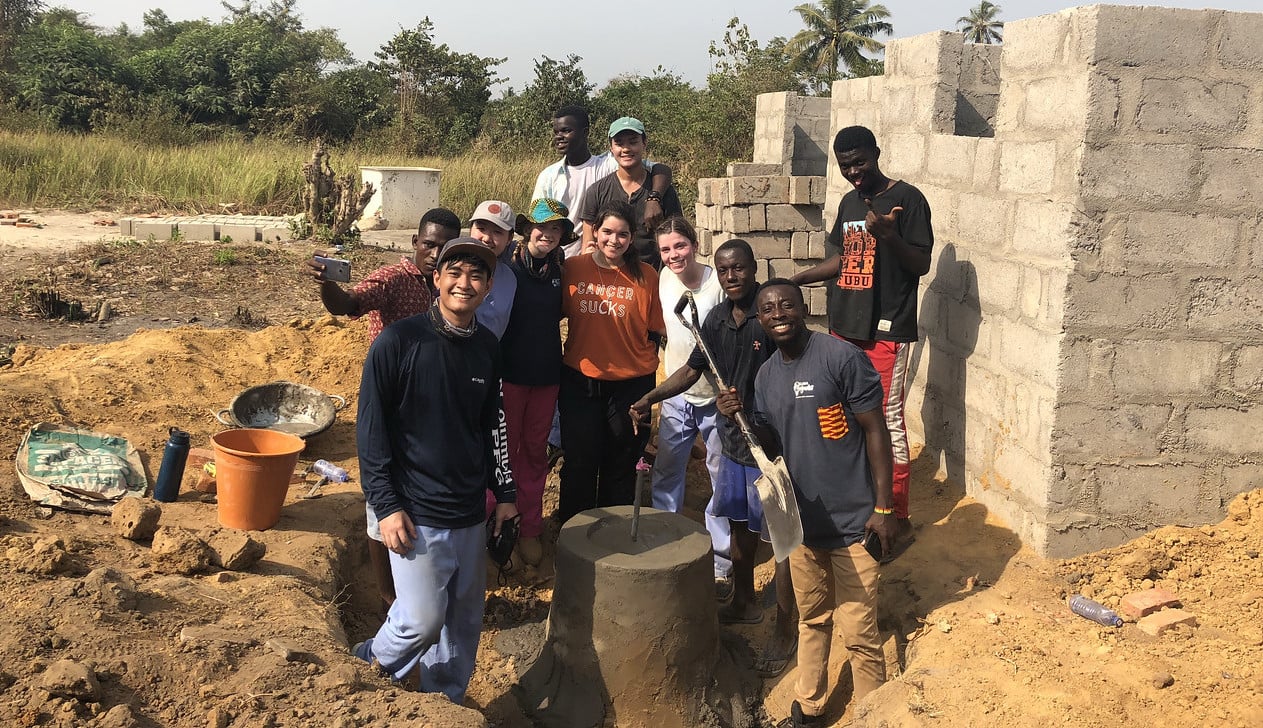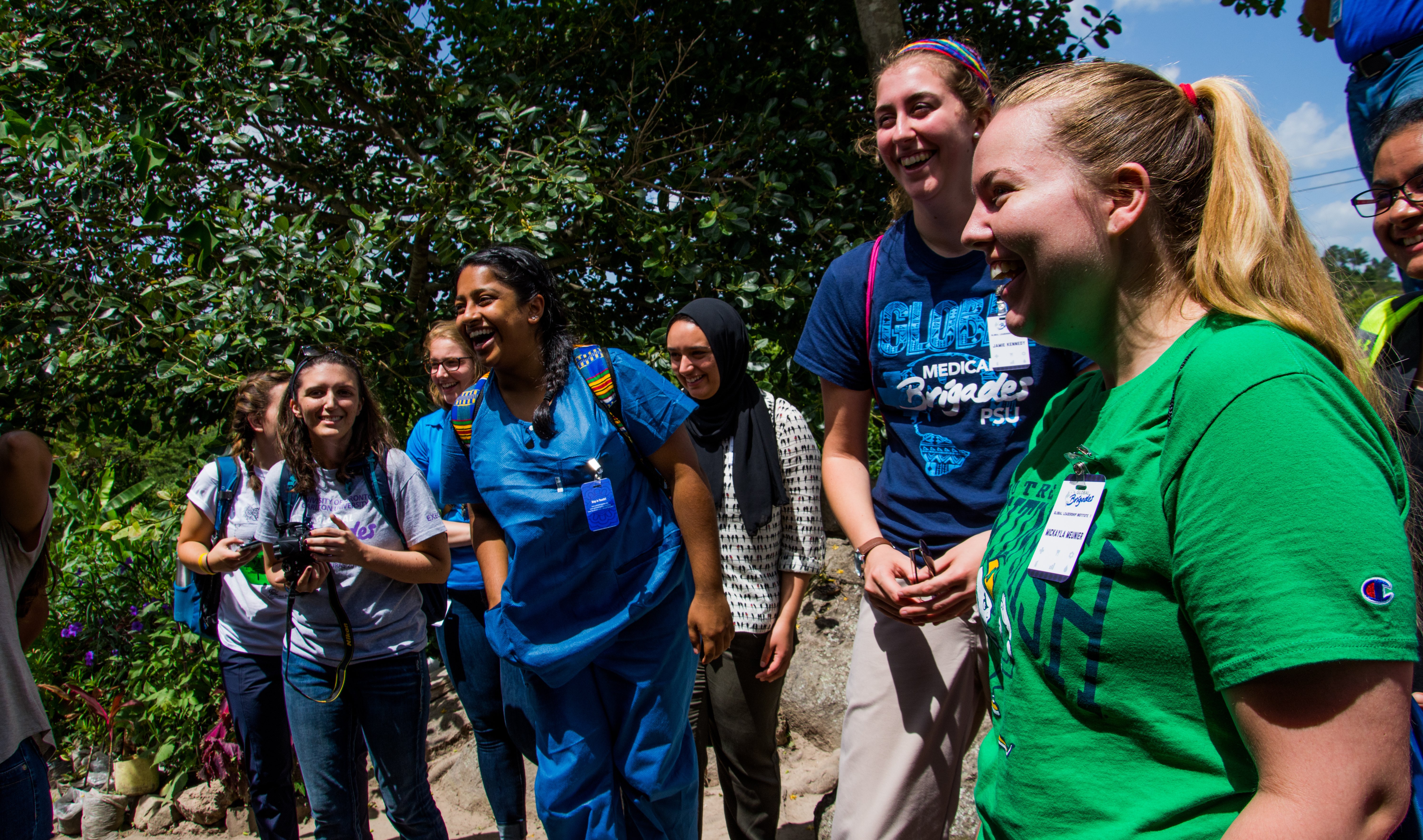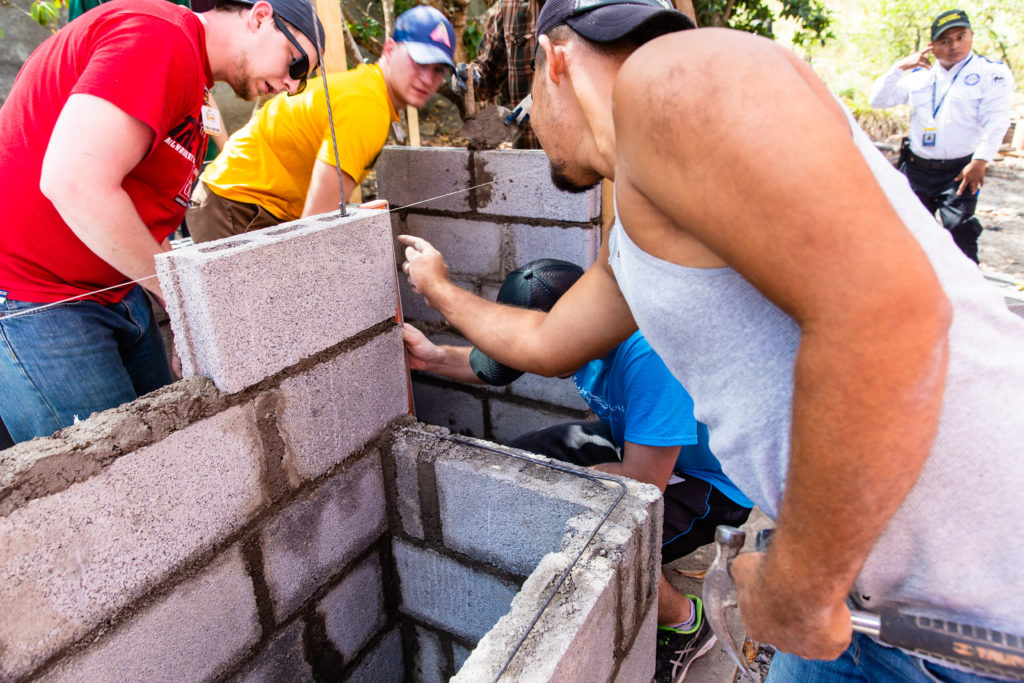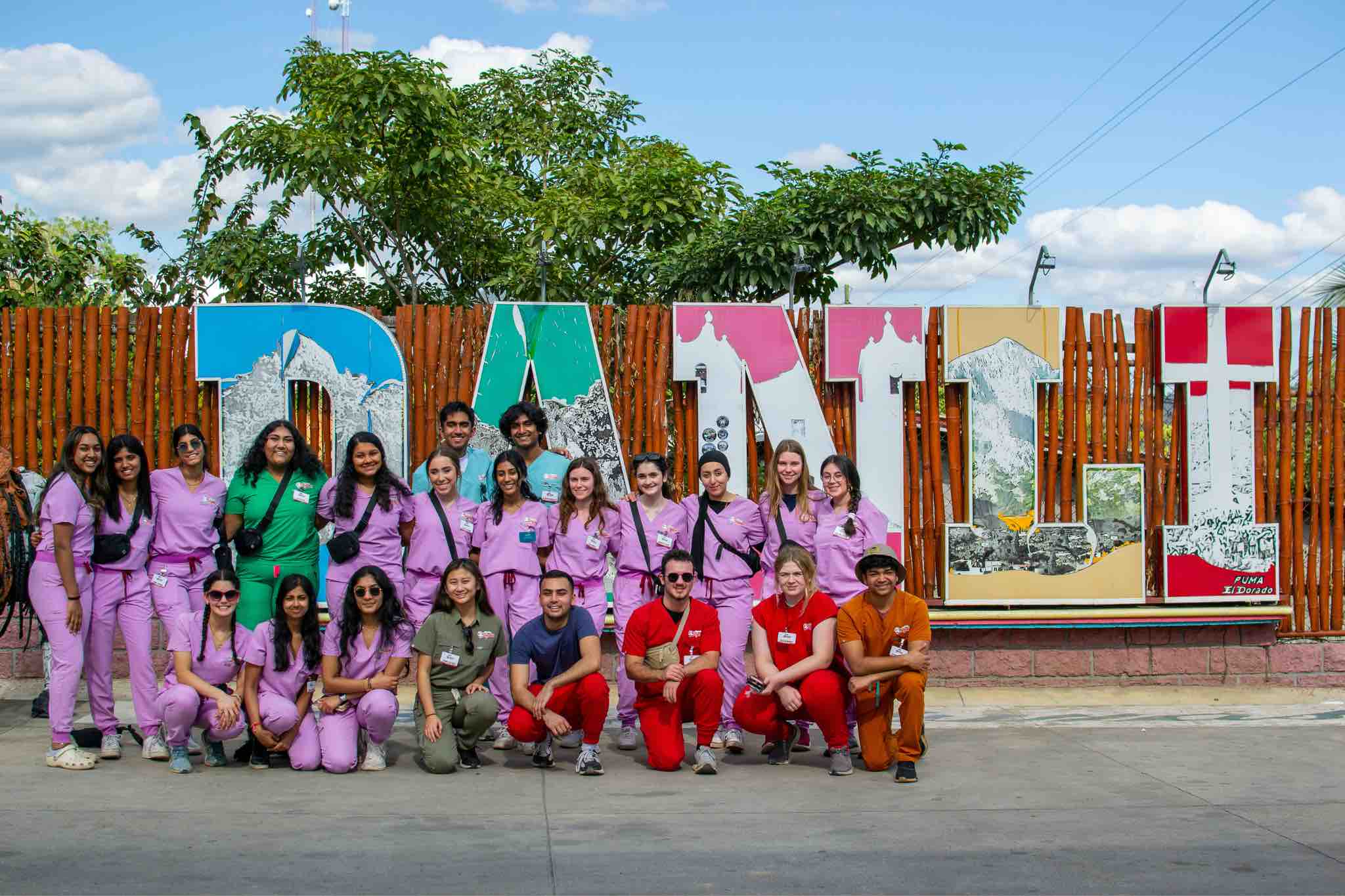Published: August 23rd, 2021
Written by: Former GB Honduras Program Associate, Madison Dutson
Recognizing Root Problems in Health & Development
I got into plants, propagation, and all things green about five years ago. Since then, I have loved taking care of dozens of varieties of plants. New plants often come with a steep learning curve, and one of the first lessons I had to learn was that if I am trying to keep my plant happy and healthy, I couldn’t just look at what was going on above the surface. Yellowing leaves meant I was likely overwatering, curling tips might indicate root problems. Whatever the issue was, it usually had to be addressed by fundamentally changing the care for my plant—not just trimming the browning edges and hoping for the best. This seems logical when we are talking about plants, so why does the concept seem so foreign when we apply these principles to health and development work?
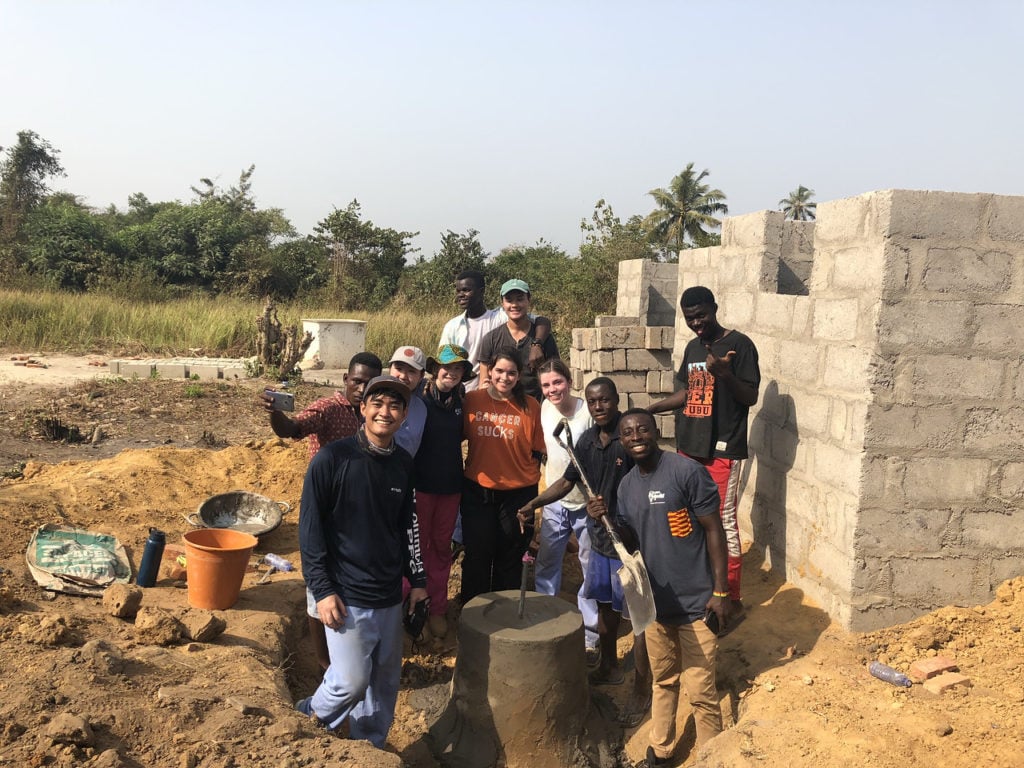
When I found public health in college, what drew me to the field was the focus on prevention and lasting solutions. I’ve always loved being as efficient as possible, and seeing health and quality of life from a public health lens made that part of my brain so happy. It just made sense to me that if we are trying to truly have an impact in health and economic development, we couldn’t only look above the soil. We couldn’t just put on band-aids. We had to confront and address the root causes that were creating the symptoms and challenges like poor health and lack of economic mobility.
How WASH Fits Into the Big Picture
For Global Brigades, this call to prevention and long-term solutions comes through powerfully in our WASH (Water, Sanitation, and Hygiene) programming. Sustainable development requires a big picture perspective. It is impossible to see any singular aspect of development in a bubble. Without programs that focus on root causes, even with perfect access to healthcare, the lack of WASH and economic infrastructure would act as a weight, keeping partner communities from permanently rising out of poverty.
As Global Brigades grew from a strictly medical relief focus into the Holistic Model we use today, our engineering, water, and public health projects have been major drivers for sustainable solutions. Each of these WASH programs consists of two major components: infrastructure projects and community education.
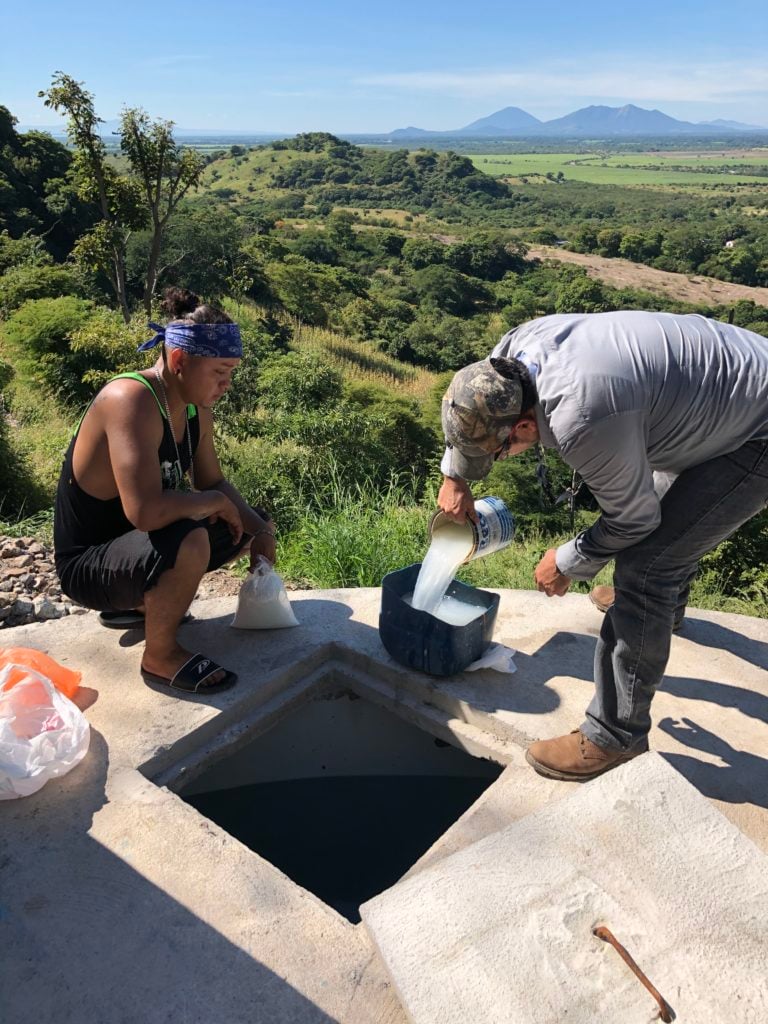
When a community begins working with our WASH program, they first meet our Engineering team. Our local staff, water technicians, and engineers work with Engineering Brigades and communities to design water systems. These systems are then implemented by community members and Water Brigades. After a water system has been put in place, these connections to clean water can be used in public health projects, such as hygiene stations. Global Public Health Brigades also works with individual families to build latrines/biodigester toilets, distribute water filters, and build eco-stoves. However, the work does not end with these finished products.
Community-Led WASH Projects & Education
Many well-intentioned international aid WASH projects have failed because they did not adequately focus on maintenance and community education. As Jamie Skinner, a leading research on water governance, said regarding his report detailing the weaknesses of development projects, “it’s not enough to just drill [a well] and walk away.” A crucial aspect of our WASH programming, which contributes to the sustainability and integrity of our Holistic Model as a whole, is a focus on community-led projects and education.
There are two community committees that work directly with our WASH team: the Water Council and the Basic Sanitation Committee. Water Councils are elected bodies of community members that are responsible to oversee the implementation and maintenance of a system. They oversee community member contributions to the system and organize community worker schedules when the project is being built. After the water system is complete, the council is responsible for ensuring the system is in good working order and establishing a small water tax to prepare for any future repairs. Water Council members have a wealth of expertise regarding the houses in the community and the system and are educated by GB staff members to implement necessary practices to maintain a clean water supply such as keeping the area around the water source free of debris and chlorinating the water to ensure it is potable. The Basic Sanitation Committee works with the water council to oversee the proper use of public health projects, and to educate the community about healthy living practices.
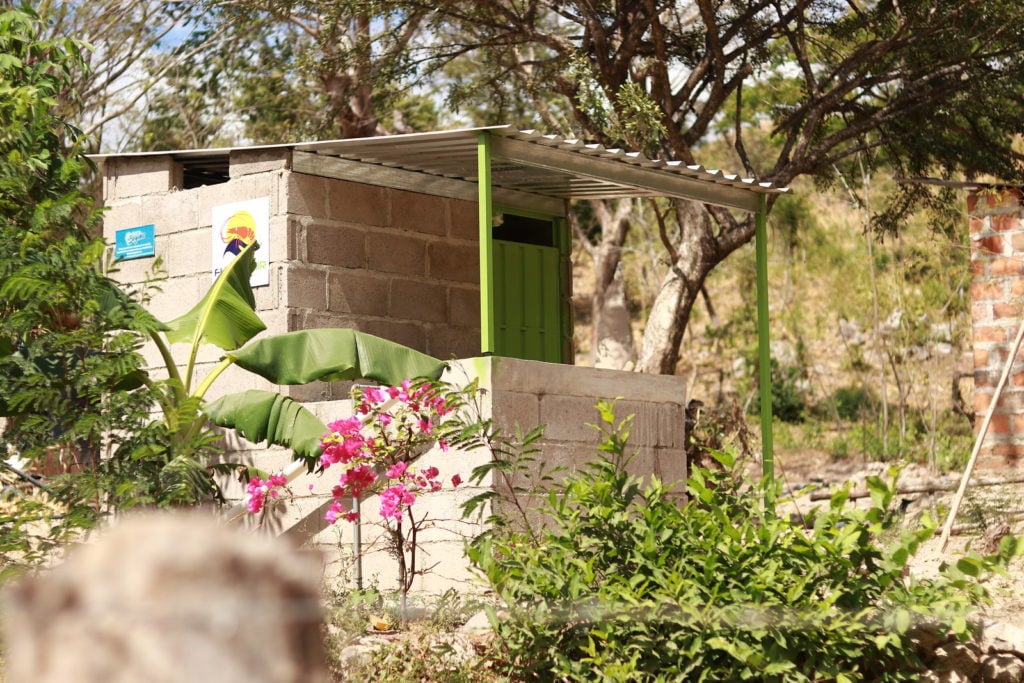
Gratitude & Getting Involved
As Global Brigades partner communities, volunteers, and staff work on WASH projects, they are working on the infrastructure that will impact a community for decades to come. We are so grateful for all of our volunteers, staff, and community members who make sustainable development possible through WASH programming.
Think bigger than band-aids! Learn more about WASH programming and how you can get involved virtually or in-person on globalbrigades.org.

